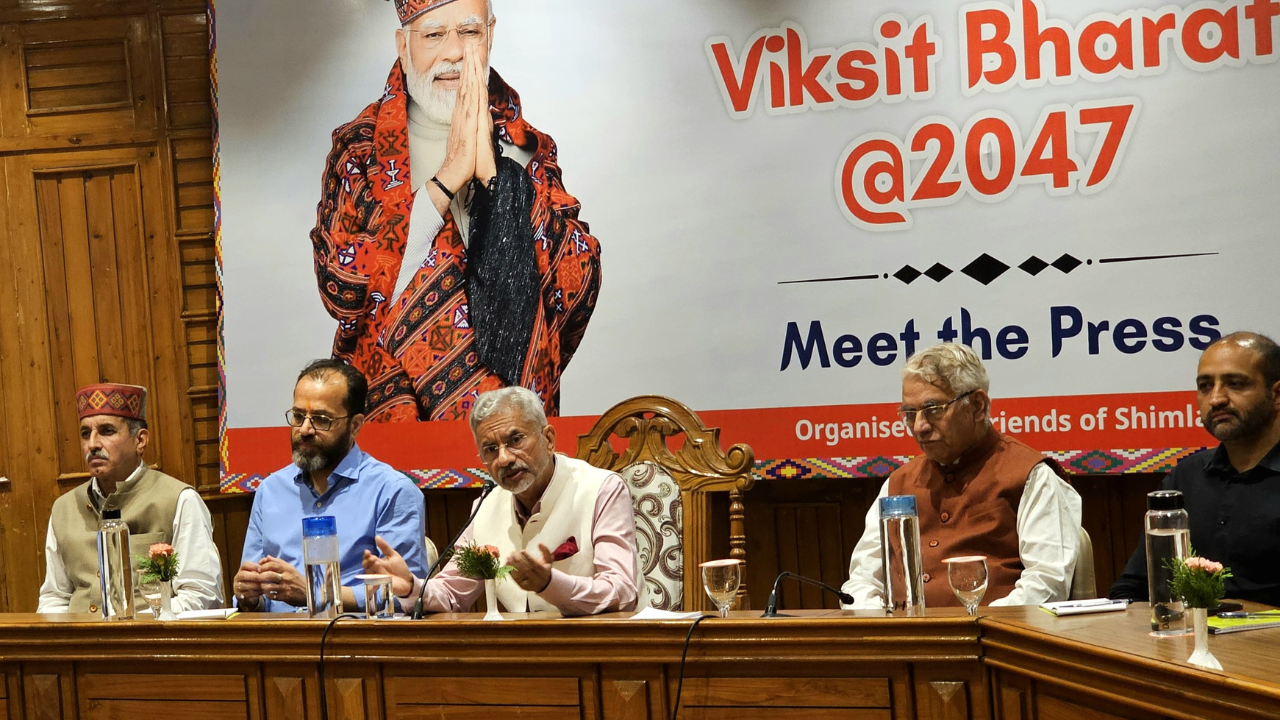
The crisis in Bangladesh intensified after Prime Minister Hasina fled the country under pressure from the military. Former Prime Minister Khaleda Zia, who has been under house arrest, was ordered to be released by President Mohammed Shahabuddin. The President also announced the dissolution of Parliament and the formation of an interim government to restore stability and organize new elections.
The United States has emphasized the need for a democratic and inclusive interim government, urging all parties in Bangladesh to exercise restraint and avoid further violence. The United Nations has echoed these sentiments, calling for calm and respecting the right to peaceful assembly.
Sheikh Hasina is currently in India, and the Indian government is closely monitoring developments. Security has been intensified at key border points, and the Chief of Border Security Force, Daljit Chaudhary, is overseeing operations in sensitive areas.
The unfolding situation in Bangladesh has drawn international concern, with calls for a peaceful resolution and a return to democratic norms. The Modi government's all-party meeting reflects India's strategic interest in ensuring stability in its neighboring country.
